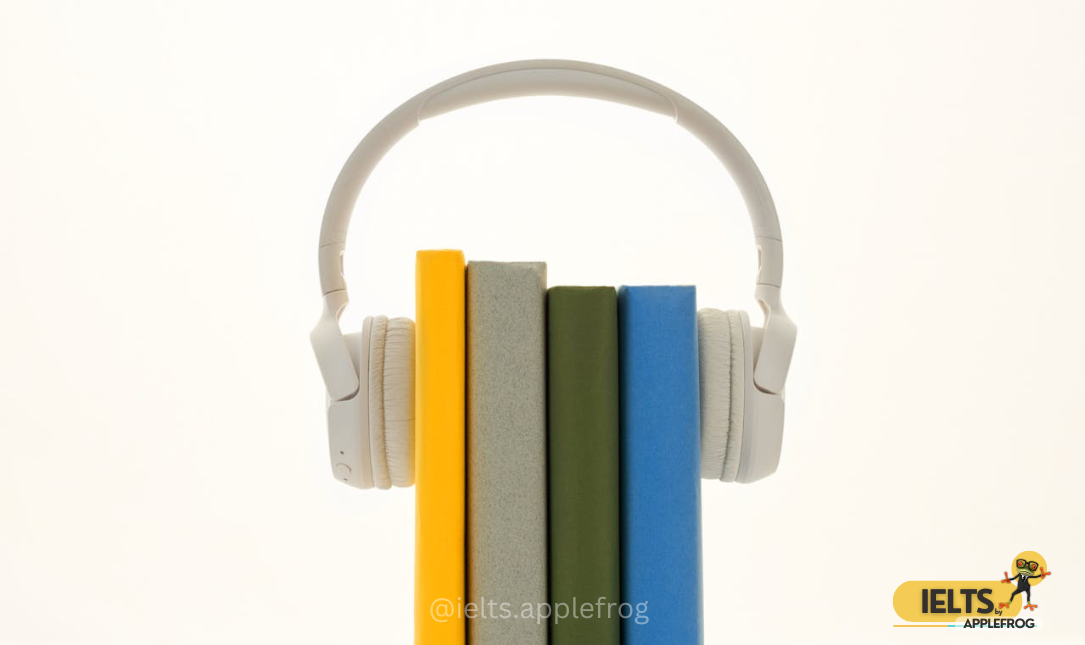
IELTS Essay: Comparing Advantages and Disadvantages of Three Communication Media
Introduction
The IELTS Writing Task 2 can be challenging for many candidates, especially when tackling advantages and disadvantages essays. One such essay prompt is: “Compare the advantages and disadvantages of three media for communicating information: books, radio, and television.” This type of question tests your ability to balance pros and cons, provide structured arguments, and maintain coherence throughout.
Question
You should spend 40 minutes on this task.
Compare the advantages and disadvantages of three of the following as media for communicating information: State which you consider to be the most effective. There are books, radio, television.
You should write at least 250 words.
Essay Structure
To excel in this essay, follow a clear structure:
- Introduction: Paraphrase the question and provide an outline of your essay.
- Main Body Paragraph 1: Discuss the advantages of the media with examples.
- Main Body Paragraph 2: Highlight the disadvantages with relevant examples.
- Conclusion: Summarize the key points and state your opinion if required.
Sample Answer: Band 7
Introduction
Today, people rely on various media, such as books, radio, and television, for information and entertainment. Each medium has unique benefits and drawbacks, and this essay will explore both aspects.
Main Body Paragraph 1
Television offers an engaging way to stay informed, especially through news programs covering global events. For example, platforms like YouTube and Netflix host educational content that caters to diverse audiences. Similarly, books remain a trusted source of knowledge, providing detailed insights into topics like health and history. Organized use of these media can significantly enhance learning and awareness.
Main Body Paragraph 2
However, excessive reliance on these media has its downsides. Prolonged screen time while watching television or movies can lead to health issues, such as eye strain. Books, though educational, require careful storage to avoid damage, and their physical production impacts the environment. Additionally, movies sometimes promote inappropriate content, which can negatively influence impressionable viewers.
Conclusion
In conclusion, media like books, radio, and television play an essential role in sharing knowledge. While they have their limitations, balanced and thoughtful use can maximize their benefits while minimizing potential drawbacks.
Sample Answer: Band 8
Introduction
In this digital age, books, radio, and television remain vital channels for communication. Despite their significant advantages, they also present certain challenges, which this essay will examine in detail.
Main Body Paragraph 1
Books provide reliable and detailed information, often preferred by students for their affordability and accessibility. For instance, libraries offer a wealth of resources, allowing learners to focus on their studies. Radio, on the other hand, is a dependable medium, especially in areas with limited internet access. Its nostalgic appeal resonates with older audiences, while television captivates younger viewers with its dynamic audio-visual content.
Main Body Paragraph 2
Conversely, the environmental cost of printing books is a significant concern, as it involves deforestation. Radio lacks visual appeal, limiting its ability to convey complex information. Television, while engaging, sometimes includes explicit content that may contribute to social issues like crime. Balancing these drawbacks is crucial to fully leverage their potential.
Conclusion
While all three media have unique strengths and weaknesses, books stand out as a trustworthy source of knowledge that upholds traditional values in a fast-changing world.
Sample Answer: Band 9
Introduction
Radio, television, and the internet each offer unique ways of disseminating information. While they are powerful tools for learning and entertainment, their drawbacks cannot be ignored. This essay explores their benefits and limitations with examples.
Main Body Paragraph 1
Radio is a reliable companion, providing consistent updates on news and stories. It is accessible even in remote areas, making it invaluable for many. Television brings stories to life with vivid visuals and sound, enriching the learning experience. Meanwhile, the internet serves as an unparalleled repository of information, enabling users to access knowledge at their own pace.
Main Body Paragraph 2
However, these media have shortcomings. Radio struggles with conveying intricate details due to its lack of visuals. Television can lead to sensory fatigue and information overload if consumed excessively. The internet, though vast, often contains misinformation, requiring users to critically evaluate the data they encounter.
Conclusion
In conclusion, each medium has its role in today’s communication landscape. A balanced approach to utilizing radio, television, and the internet ensures an enriching and informed experience.
Connectors and Vocabulary
Common Connectors
- Firstly
- On the other hand
- Moreover
- However
- In conclusion
Highlighted Vocabulary
- Engaging: Captivating and interesting.
- Reliable: Dependable and trustworthy.
- Intricate: Complex and detailed.
- Repository: A vast storage of information.
- Balanced: Well-proportioned and thoughtful.
By using this guide, you can write a structured and compelling essay, improving your chances of achieving a high band score in IELTS Writing Task 2.
Effective communication is the foundation of knowledge sharing, and understanding the strengths and weaknesses of different media is vital in today’s fast-paced world.












 Here can be your custom HTML or Shortcode
Here can be your custom HTML or Shortcode
0 Comments